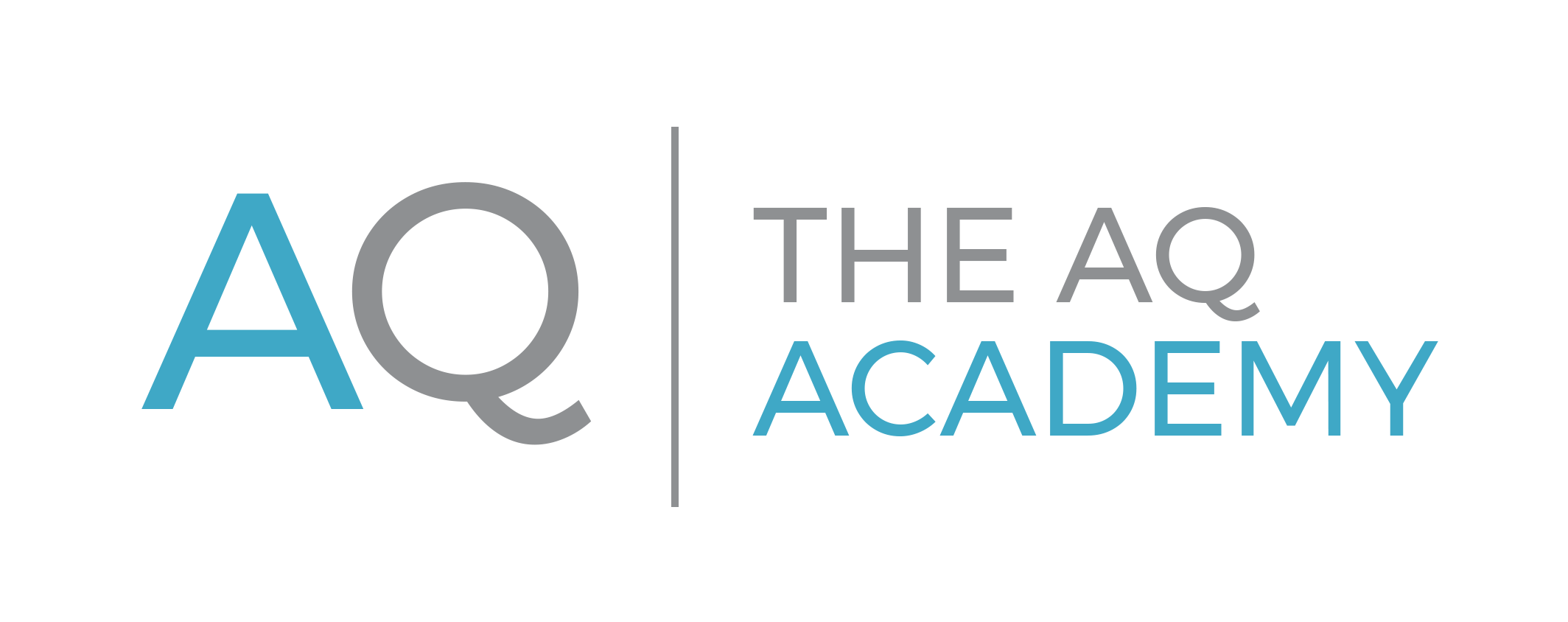Why AI Won’t Take Your Job
There’s no shortage of headlines warning us that artificial intelligence (AI) is coming for our jobs. It’s an understandable fear—after all, AI is automating tasks faster and more efficiently than ever before. But here’s the truth: while AI will undoubtedly transform the nature of work, it’s unlikely to eliminate most jobs. In fact, AI has the potential to make work more meaningful, boost productivity, and even create new career opportunities we haven’t yet imagined.
Let’s unpack why AI won’t take your job.
AI Is a Tool—Not a Replacement
Think of AI as a powerful tool, not a substitute for human ingenuity. Just like Excel didn’t replace accountants but changed how they work, AI will shift how professionals across industries deliver value. McKinsey & Company estimates that while 60% of occupations could have at least 30% of activities automated, less than 5% of jobs can be entirely automated using current technologies. Most roles will evolve, not vanish.
For example, in healthcare, AI is being used to read X-rays and assist in diagnosis, but doctors aren’t going anywhere. Instead, they’re using these tools to make faster, more accurate decisions, freeing up time to spend with patients. In law, AI can review documents and case law faster than any paralegal, but legal strategy, negotiation, and client relationships still require a human touch.
Productivity Gains, Not Job Losses
AI is really good at handling repetitive, time-consuming tasks—things like data entry, scheduling, transcription, or basic customer queries. When those tasks are automated, people can focus on higher-value work that requires creativity, empathy, critical thinking, or complex decision-making.
In this sense, AI can help people do more of what humans do best. A 2023 report from the World Economic Forum predicts that while 83 million jobs may be displaced over the next five years, 69 million new jobs will be created in fields like data analysis, machine learning, sustainability, and digital transformation. Many of these roles didn’t exist a decade ago.
As Fei-Fei Li, Stanford professor and AI thought leader, put it:
“AI is not going to replace humans. But humans who use AI will replace humans who don’t.”
In other words, the key isn’t fearing AI—it’s learning how to work with it.
Augmentation Over Automation
The most successful organizations are already using AI to augment their workforce rather than replace it. Marketing teams use AI to generate insights from customer data, not to replace strategists. Sales professionals use AI-powered tools to prioritize leads, not to close deals without them. Even in creative industries, AI is being used to speed up brainstorming and editing, but not to replace original thinking.
AI works best when paired with human judgment. The future of work is about human-machine collaboration, not human-machine competition.
How to Future-Proof Your Career
Instead of worrying about whether AI will take your job, ask: How can I use AI to be better at what I do? Start by becoming AI-literate. Understand the tools that are emerging in your field, and experiment with them. Invest in soft skills—empathy, adaptability, communication—that machines can’t replicate.
Jobs may look different in five or ten years, but most people will still be employed—just in roles that have shifted alongside technology.
Final Thoughts
AI will change work. There’s no denying that. But it’s not a doomsday scenario—it’s a transformation. The future belongs to those who can adapt, learn, and collaborate with these new technologies. AI won’t take your job. But someone using AI might.
Now is the time to lean in, not step back.



